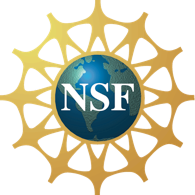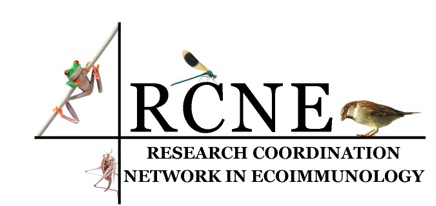Immunity to pathogens and parasites has historically been understudied in evolutionary ecology. However in recent years, studying the causes and consequences of investment in immune function, termed ecological immunology, has transformed multiple realms of biology, including behavioral ecology, disease ecology and life history evolution. To foster continued productivity and expansion of this emerging field, ecological immunology requires theoretical refinement and methodological consistency. This is possible only through the combined efforts of scientists that otherwise would not interact.
The RCN, funded by the National Science Foundation, is a network of ecologists, evolutionary biologists, and immunologists working to:
-
1) develop new tools and techniques for characterizing immune defenses of free-living animals,
-
2) enhance breadth and depth of research questions,
-
3) establish new interdisciplinary collaborations, and
-
4) stimulate outreach and training opportunities for scientists, high school teachers and the public broadly.
Scientifically, we hope to provide novel perspective to evolutionary biology and perhaps some fundamentals to the dizzyingly complex field of basic immunology. Pedagogically, our network will provide experience for students and post-graduates on a variety of cutting-edge techniques in a burgeoning biological field, and it will expose high school teachers and the interested public to a field of truly integrative science.
Network activities include:
-
1)Annual workshops to discuss and develop RCN goals;
-
2)Training exchanges between labs of network participants;
-
3)Website development for communicating standardized techniques and RCN activities to participants, interested scientists, and the public;
-
4)Symposia at scientific meetings and special issues in peer-reviewed journals for the broad scientific community;
-
5)Development of inquiry-based K-12 ecoimmunology curricula by teachers following a hands-on experience in a participant lab;
-
6) Implementation of K-12 curricula via continuing education workshops held with the annual RCN meeting.


